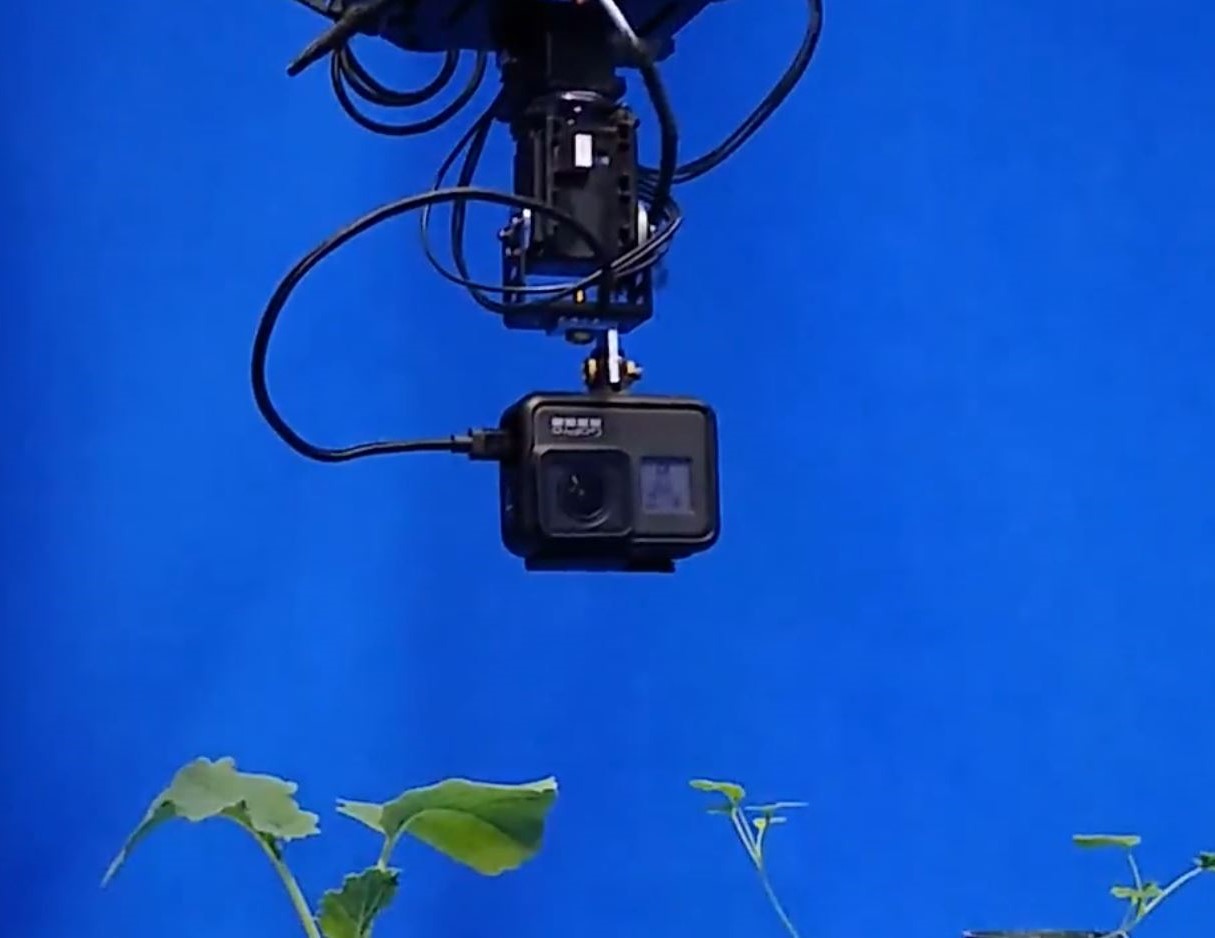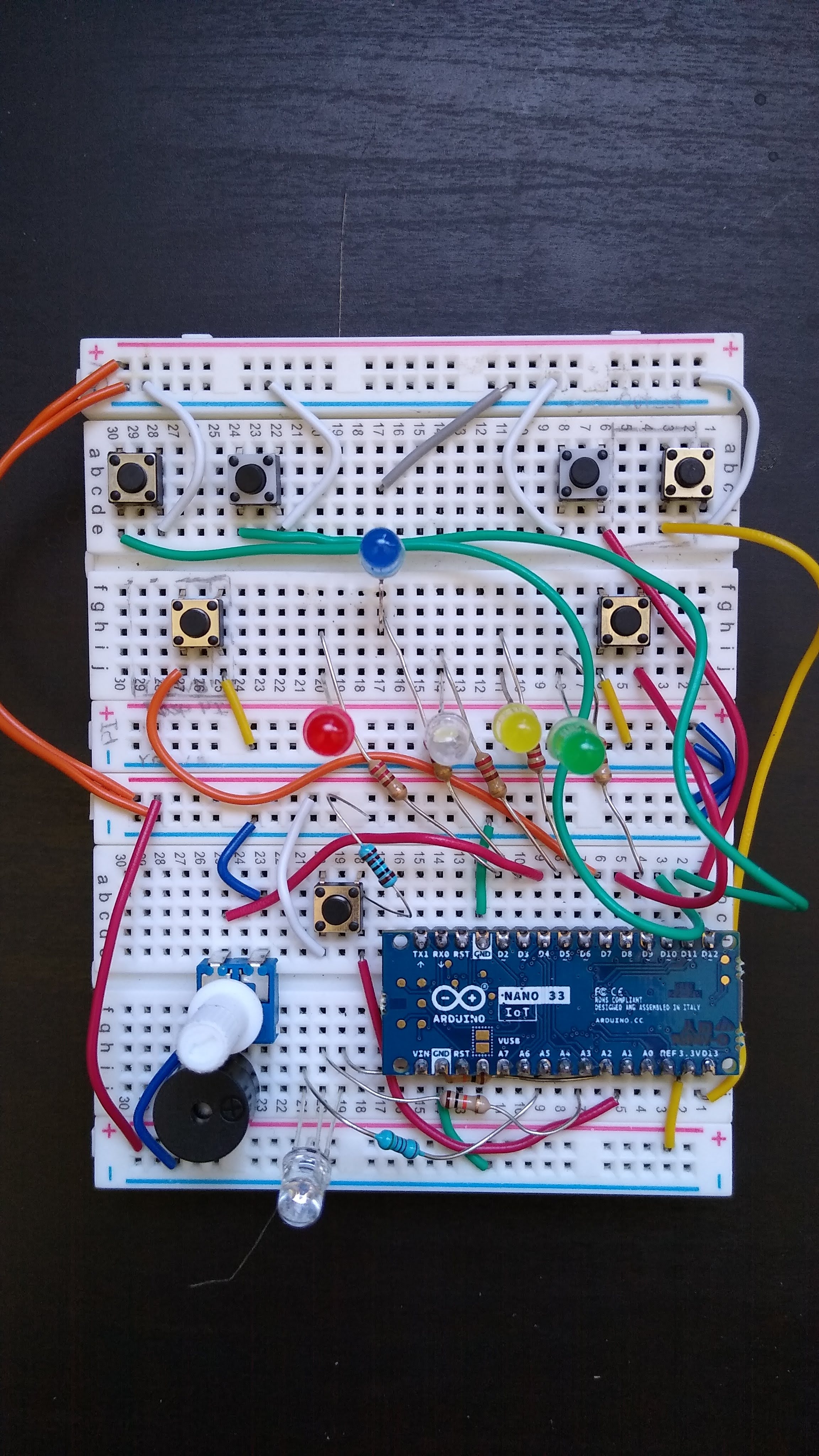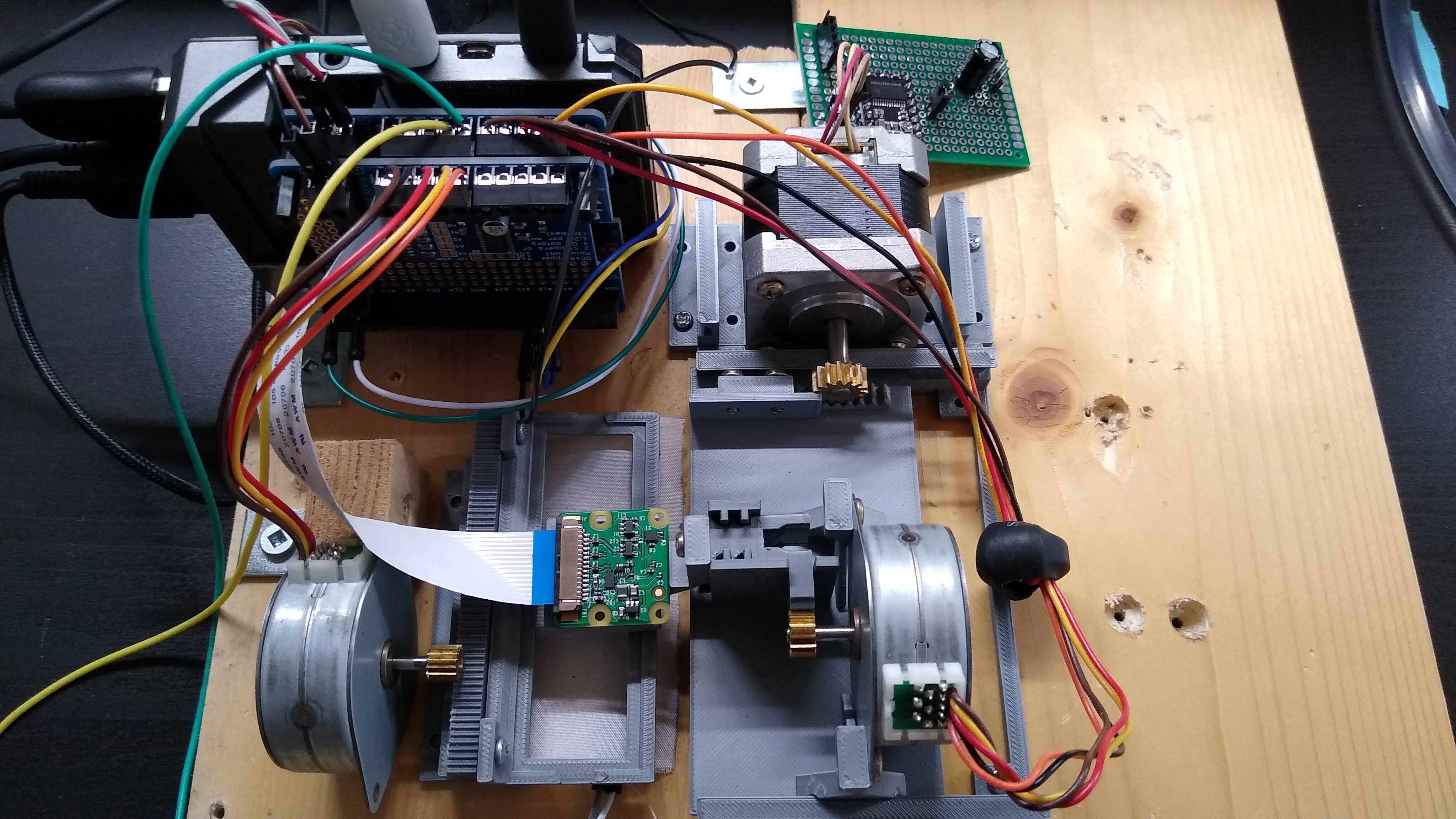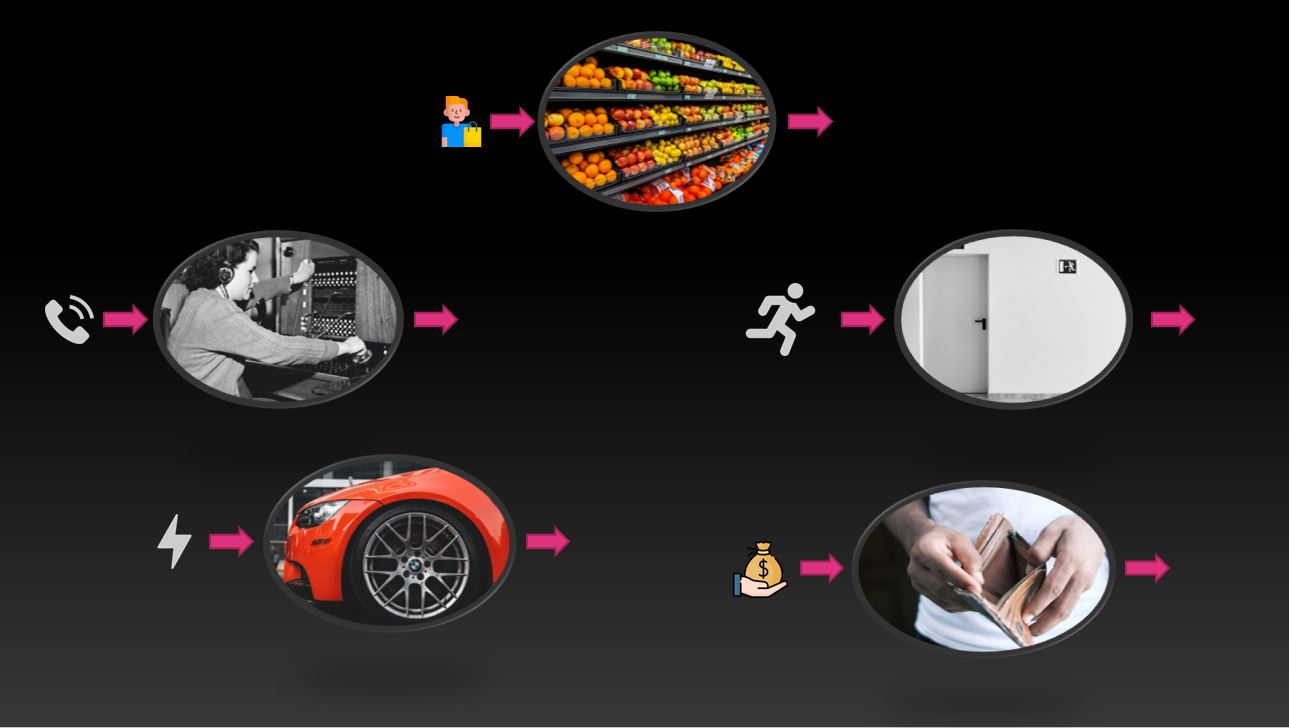I am
Prof. Michael Beck
Quick intro

I studied mathematics and computer science at the University of Kaiserslautern in Germany. Since September 2022 I am an assistant professor for data analytics at the University of Winnipeg.
Full CVMaster Degree
Mathematics University of Kaiserslautern Major: Probability Theory Minor: Computer Science
Doctorate Degree
summa cum laude Computer Science University of Kaiserslautern Thesis: Advances in Theory and Applicability of Stochastic Network Calculus
Post-docs
City University of Hong Kong University of Manitoba University of Winnipeg
Assistant Professor
University of Winnipeg
Research Interests
Data acquisition for and with machine learning
The recent rise in popularity for machine learning algorithms, specifically the field of convolutional neural networks created a large demand for labelled data. For example, an image is labelled if there exists accompanying information of what can be seen on the image and where these objects are located within the image. But how many data-samples does a machine learning model need to reach a good performance? What are the costs of collecting this data and is every sample "worth" the same? How can we identify and get rid off samples that hurt our model or even better avoid collecting them in the first place? How to utilize data the best in machine learning is a question that is often overlooked in research, but it has very real implications for all the people out there who want
Digital agriculture
Agriculture currently undergoes a digital revolution with many new technologies making their way into all aspects of the industry. In the Digital technologies in agriculture and rural areas briefing paper of the United Nations Food and Agriculture Organization we can read: "In the agriculture and food sector, the spread of mobile technologies, remote-sensing services and distributed computing are already improving smallholders’ access to information, inputs, market, finance and training. [...] Digitalization will change every part of the agrifood chain." The agriculture of tomorrow could look vastly different to what we are used to today. Autonomous agents equipped with intelligent cameras and sensors could evaluate crops and weeds on a plant-by-plant basis and take action not unsimilar to how we take care of our plants in our gardens. These are challenging tasks for today's robotic systems and machine learning models but solving them promises a reduction in resources used while improving yields and preserving our environment. This is exactly one of the things we do at the TeraByte project
Automated analysis of microplastics and particles in fluids
Microplastics are plastic particles in the size range from 5 mm down to a few micrometers. They pose a global environmental challenge as their occurrences appear to be omnipresent in all water bodies investigated, including arctic ice and the deep sea. These particles enter the food chain and can impact the health of animals and humans, as they often release toxic additives. The pathways and sources of microplastics need to be better understood to to tackle this type of pollution. For this the research community is in dire need of automation when it comes to microplastic analysis. New technologies in the fields of deep neural networks and embedded systems are a promising candidate to fulfill this need.
Stochastic network calculus
Queueing networks in their most simple form consists of servers, their buffers, and jobs that need to be processed by service elements. The world is full of such systems: the check-outs at the supermarket are a simple one, the world wide web with millions of service elements in the form of switches and routers is another queueing system. In many situations we are interested in the worst-case scenario, rather than the average performance of a queueing network. For example, consider the exit times of visitors to a stadium in case of an evacuation: Here, the average time is a poor metric, and we are rather interested in the time needed to get even the last person out of danger. Another example are SLAs (Service Level Agreements) between a service provider and a client or the maximum transmission delay in a car that breaks-by-wire. Stochastic Network Calculus is a mathematical theory that provides bounds on these worst-case scenarios, excluding events with negligible likelihoods. This methodology is used in designing and modelling queueing networks. It has the advantages that complex queueing systems can be simplified to easier scenarios and thus provides us with an end-to-end analysis.
Teaching
A first course in stochastic network calculus
This First Course in Stochastic Network Calculus builds on the lecture Performance Modeling of Distributed Systems at the University of Kaiserslautern. The concepts of stochastic network calculus parallels those of deterministic network calculus. Therefore, I reference to the lecture of 2011 at several points to stress these connections. This document however also works as a stand-alone course and hence a study of the above-mentioned lecture should not be necessary. This course contains a rather large probability primer to ensure the student can really grasp the expressions that appear in stochastic network calculus. A student familiar with probability theory might skip this first chapter and delve directly into stochastic network calculus. For each topic exercises are given, which can (and should) be used to strengthen the understanding of the presented definitions and theory.
Supervised Theses
Co-supervision (as Prof. at the University of Winnipeg)- Nooshin Noshiri: Leveraging Hyperspectral Imaging and 3D Convolutional Neural Network for Nitrogen Stress Detection in Plants
- Yinhua Xu: Achieving Robustness in MSN by scheduling the measurements
- Simon Birnbach and Sebastian Henningsen: Applying Stochastic Network Calculus in Scnearios with Incomplet Knowledge
- Ahmed Alsaedi: Optimization Methods for Stochastic Network Calculus Performance Bounds
Courses
As main lecturer:- Advanced Internet Programming (ACS-3909), University of Winnipeg, 2020, 2022, 2023
- Computer Networks (ACS-3911), University of Winnipeg, 2022, 2023
- Database Systems (ACS-3902), University of Winnipeg, 2023
- Operations Research (STAT-3412, Reading Course), University of Winnipeg, 2023
- Advanced Concepts in Cloud Computing (GACS-7307), University of Winnipeg, 2022
- Stochastic Analysis of Distributed Systems, University of Kaiserslautern, 2015/16
- Worst-Case Analysis of Distributed Systems, University of Kaiserslautern, 2014/15
- Quantitative Aspects of Distributed Systems, University of Kaiserslautern, 2014, 2015
- Performance Modeling of Distributed Systems, University of Kaiserslautern, 2013/14
- Communication Systems, University of Kaiserslautern, 2011, 2012
- Security in Distributed Systems, University of Kaiserslautern, 2010/11, 2011/12
Publications
2023
- A. E. Krosney, P. Sotoodeh, C. J. Henry, M. A. Beck, C. P. Bidinosti Inside Out: Transforming Images of Lab-Grown Plants for Machine Learning Applications in Agriculture, Frontiers in Artificial Intelligence
- N. Noshiri, Michael A. Beck, C. P. Bidinosti, C. J. Henry A comprehensive review of 3D convolutional neural network-based classification techniques of diseased and defective crops using non-UAV-based hyperspectral images, Smart Agricultural Technology
2022
- S. Mostafa, D. Mondal, M. A. Beck, C. P. Bidinosti, C. J. Henry, I. Stavness Leveraging Guided Backpropagation to Select Convolutional Neural Networks for Plant Classification, Frontiers in Artificial Intelligence
- J. Hrzich, C. P. Bidinosti, C. J. Henry, Michael A. Beck, Low-Cost Photogrammetry Rig for 3D Plant Phenotyping, Poster at the 7th 7th Annual P2IRC Symposium
2021
- Michael A. Beck, Chen-Yi Liu, Christopher P. Bidinosti, Christopher J. Henry, Cara M. Godee, Manisha Ajmani An extensive lab- and field-image dataset of crops and weeds for computer vision tasks in agriculture, CyVerse public dataset
- Michael A. Beck, Chen-Yi Liu, Christopher P. Bidinosti, Christopher J. Henry, Cara M. Godee, Manisha Ajmani Presenting an extensive lab- and field-image dataset of crops and weeds for computer vision tasks in agriculture, Extended Abstract at the 7th workshop on Computer Vision in Plant Phenotyping and Agriculture (CVPPA 2021)
- Sakib Mostafa, Debajyoti Mondal, Michael Beck, Christopher Bidinosti, Christopher Henry, Ian Stavness Visualizing Feature Maps for Model Selection in Convolutional Neural Networks Accepted at the 7th workshop on Computer Vision in Plant Phenotyping and Agriculture (CVPPA 2021)
2020
- Michael A. Beck, Chen-Yi Liu, Christopher P. Bidinosti, Christopher J. Henry, Cara M. Godee, Manisha Ajmani An embedded system for the automated generation of labeled plant images to enable machine learning applications in agriculture, PLoS One collection on Plant Phenomics and Precision Agriculture
- Michael A. Beck, Chen-Yi Liu, Christopher P. Bidinosti, Christopher J. Henry, Cara M. Godee, Manisha Ajmani Weed seedling images of species common to Manitoba, Canada,Dryad public dataset
- Michael A. Beck EAGL-I: Embedded Autonomous Generator of Labeled Images, Presentation at the 4th international Phenome conference
2019
- Attendee at the 3rd international Phenome conference
2018
- Paul Nikolaus, Sebastian Henningsen, Michael A. Beck, Jens Schmitt Integrating Fractional Brownian Motion Arrivals into the Statistical Network Calculus, In the 30th International Teletraffic Congress
2017
- Michael A. Beck, Sebastian Henningsen Technical Report The Stochastic Network Calculator, arXiv:1707.07739
- Michael A. Beck, Sebastian Henningsen, Qian Xu, Jianping Wang, Kui Wu, Xian Liu An Integrated Tool of Applying Stochastic Network Calculus for Network Performance Analysis, Demo at The 36th IEEE International Conference on Computer Communications (IEEE INFOCOM 2017)
- Michael A. Beck, Jens B. Schmitt Generalizing Window Flow Control in Bivariate Network Calculus to Enable Leftover Service in the Loop, selected for and published in the special issue of Performance Evaluation, Volume 114
2016
- Michael A. Beck, Jens B. Schmitt Generalizing Window Flow Control in Bivariate Network Calculus to Enable Leftover Service in the Loop, accepted and presented at (for publication see above) the 10th International Conference on Performance Evaluation Methodologies and Tools (ValueTools 2016)
- Michael A. Beck Towards the Analysis of Transient Phases with Stochastic Network Calculus, In The 17th IEEE International Network Strategy and Planning Symposium (IEEE Networks 2016)Recipient of Best Paper Award
- Michael A. Beck Stochastic Worst Case Analysis of Window Flow Controlled Systems, In The 55th IEEE Conference on Decision and Control (IEEE CDC 2016)
2015
- Michael A. Beck, Jens B. Schmitt Window Flow Control in Stochastic Network Calculus – The General Service Case, In Proceedings of the 9th International Conference on Performance Evaluation Methodologies and Tools (ValueTools 2015)
- Michael A. Beck Window Flow Control in Network Calculus, Invited Talk, In Dagstuhl Reports Volume 5.3, Seminar 15112 - Network Calculus
2014
- Michael A. Beck, Sebastian A. Henningsen, Simon B. Birnbach, Jens Schmitt Towards a Statistical Network Calculus – Dealing with Uncertainty in Arrivals, In The 33rd IEEE International Conference on Computer Communications (IEEE INFOCOM 2014)
2013
- Michael A. Beck, Jens Schmitt The DISCO Stochastic Network Calculator Version 1.0 – When Waiting Comes to an End, In Proceedings of the 7th International Conference on Performance Evaluation Methodologies and Tools (ValueTools 2013)
2012
- Michael A. Beck, Jens Schmitt On the Calculation of Sample-Path Backlog Bounds in Queueing Systems over Finite Time Horizons, In Proceedings of the 6th International Conference on Performance Evaluation Methodologies and Tools (ValueTools 2012)
- Wint Yi Poe, Michael A. Beck, Jens Schmitt Achieving High Lifetime and Low Delay in Very Large Sensor Networks using Mobile Sinks, In The 8th IEEE International Conference on Distributed Computing in Sensor Systems (IEEE DCOSS 2012)
2011
- Wint Yi Poe, Michael A. Beck, Jens Schmitt Planning the Trajectories of Multiple Mobile Sinks in Large-Scale, Time-Sensitive WSNs, In The 7th IEEE International Conference on Distributed Computing in Sensor Systems (IEEE DCOSS 2011)
Contact
Prospective Students (read carefully)
If you are interested in becoming a graduate students under my supervision for one of the above topics: Send me an email with the topic "Prospective Student [YourName]". Your email must contain: 1) An up to date CV 2) An up to date academic transcript, including your GPA and the total achievable GPA at your institution. Emails that do not meet these requirements will be deleted unread. If done right, you will rececive an automatic reply to your email. You do not need to send reminder emails. Instead, I will contact you, if and when there is an opportunity for graduate studies under my supervision. That decision is subject to available funding, your qualifications, and further factors.
Contact concerning lectures
For students in my classes that want to write me an email, please refer to the first lecture's slides.
Office
You can find me in office 3D23. Phone: 204-258-3849 Email: m[dot][myFamilyName][at]uwinnipeg[dot]ca





